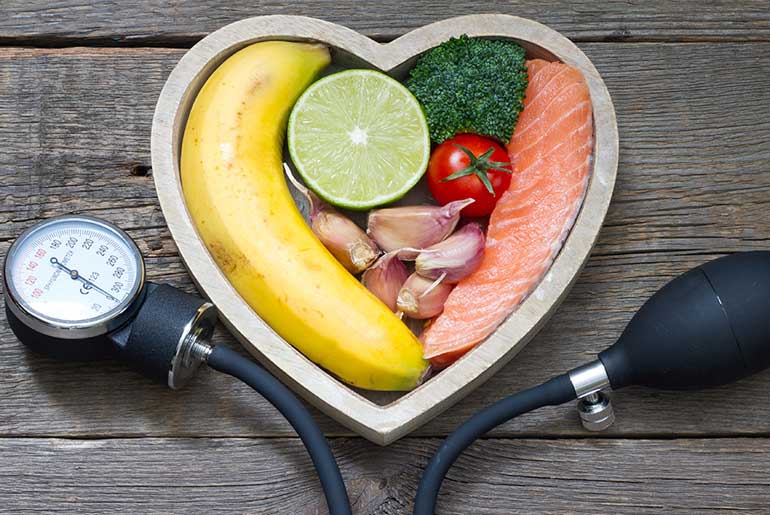Maintaining healthy cholesterol levels is essential not only to mitigate the risk of early death but also to enhance energy levels and overall well-being. While cholesterol itself plays vital roles in cell building and hormone production, excessive accumulation due to unhealthy eating habits and sedentary lifestyles poses significant health risks. Elevated cholesterol levels increase the likelihood of heart disease, stroke, high blood pressure, and other life-threatening conditions, adversely affecting quality of life and longevity. Therefore, adopting healthy dietary choices and staying physically active are crucial steps in managing cholesterol levels and safeguarding against potential health complications.
Making dietary modifications to incorporate healthier alternatives to fatty and sugary foods is a pivotal step towards enhancing overall well-being and managing cholesterol levels effectively. Opting for heart-healthy fats found in foods like avocados, nuts, and olive oil can provide essential nutrients while helping to lower cholesterol. Additionally, avoiding processed foods and trans fats is crucial in reducing cholesterol intake and mitigating the risk of heart disease and other related conditions. By prioritizing nutrient-rich, whole foods and steering clear of unhealthy dietary choices, individuals can take proactive measures to maintain healthy cholesterol levels and promote long-term health and vitality.
To select cholesterol-friendly foods:
To select cholesterol-friendly foods, prioritize options rich in heart-healthy fats like avocados, nuts, and olive oil, which can raise HDL levels. Incorporate fiber-rich foods such as fruits, vegetables, and whole grains into your diet to lower LDL levels. Additionally, include omega-3 fatty acids from sources like salmon and chia seeds to further improve your cholesterol profile. By focusing on these nutrient-dense foods, you can effectively manage your cholesterol levels and promote overall heart health.
Maintaining healthy cholesterol levels involves managing both LDL (bad cholesterol) and HDL (good cholesterol), which can be influenced by dietary choices. While there isn’t a single magic food that can lower cholesterol, focusing on the overall quality of your diet is crucial. A diet abundant in plant-based foods such as vegetables, fruits, legumes, whole grains, nuts, and seeds can effectively manage cholesterol levels and reduce the risk of heart disease. By prioritizing these nutrient-rich foods and adopting a balanced diet, you can promote cardiovascular health and overall well-being.
Foods to fight high cholesterol levels:
1. Olive oil:

Olive oil is renowned for its high content of monounsaturated fats, which play a crucial role in improving cholesterol levels. By incorporating olive oil into your diet, you can effectively raise HDL (good) cholesterol levels while lowering LDL (bad) cholesterol levels. Opt for extra virgin olive oil as your primary cooking oil and use it to drizzle over salads and vegetables for additional heart-healthy benefits. The versatility of olive oil makes it an ideal choice for various culinary applications, enhancing both flavor and nutritional value. By making olive oil a staple in your kitchen, you can promote heart health and support overall well-being.
2. Legumes:
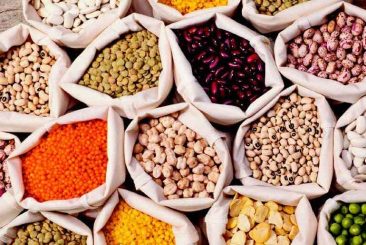
Legumes are a valuable addition to your diet due to their high fiber, mineral, and protein content. By replacing some refined grains and processed meats with legumes, you can significantly lower your risk of heart disease. Incorporate legumes into your meals by enjoying dishes such as dal-chawal (rice and lentils), cheela (gram flour pancakes), dosa (fermented lentil and rice pancakes), or soups. These versatile and nutritious legume-based dishes not only provide essential nutrients but also contribute to heart health and help maintain optimal cholesterol levels. Making legumes a regular part of your diet can support overall well-being and reduce the risk of chronic diseases.
3. Dark leafy greens:
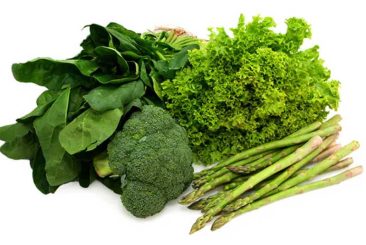
Dark leafy greens, including kale and spinach, are highly beneficial for heart health due to their rich nutrient content. These vegetables are packed with lutein and other carotenoids, which have been associated with a reduced risk of heart disease. Incorporating dark leafy greens into your diet can be achieved by adding them to salads, soups, stir-fries, smoothies, or as a side dish to meals. By regularly consuming dark leafy greens, you can provide your body with essential nutrients that support cardiovascular health and contribute to lower cholesterol levels.
4. Garlic:
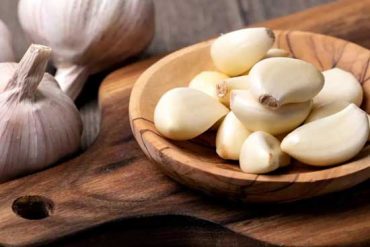
Garlic is recognized for its potent allicin content, a sulfur-containing compound that has been shown to effectively reduce both total and LDL cholesterol levels. To harness its cholesterol-lowering benefits, consider incorporating raw garlic into your daily routine by chewing a few cloves in the morning and at bedtime regularly. Raw garlic is often more effective than cooked garlic in preserving its therapeutic properties. Additionally, you can enhance the taste and nutritional value of your meals by adding garlic to various dishes, such as curries, soups, and stir-fries. By regularly consuming garlic, you can support cardiovascular health and maintain optimal cholesterol levels.
5. Fish oil:
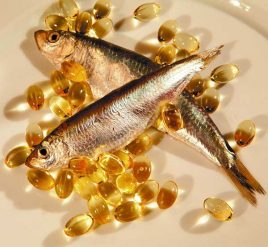
Fish oil is renowned for its rich content of omega-3 fatty acids, making it a valuable addition to your diet. Regular consumption of omega-3 fatty acids, found abundantly in fatty fish such as mackerel, salmon, lake trout, sardines, and halibut, has been associated with lower cholesterol levels and reduced risk of cardiovascular disease. Incorporating fish oil into your diet, either through consumption of fatty fish or as a supplement, can provide numerous health benefits, including improved heart health and cholesterol management. By including fish oil-rich foods in your meals, you can support overall well-being and reduce the risk of chronic diseases.
6. Flaxseeds:
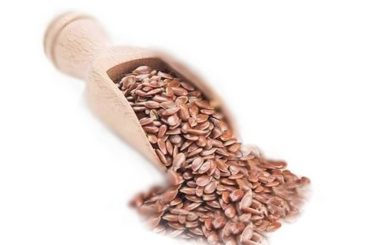
Flaxseeds are a beneficial addition to your diet due to their content of alpha-linolenic acid, an essential omega-3 fatty acid known to reduce LDL cholesterol and triglyceride levels. You can incorporate flaxseeds into your daily meals by sprinkling them over breakfast cereal, adding them to sandwiches or yogurt, or including them in baked goods like cookies and muffins. By integrating flaxseeds into your diet, you can harness their cholesterol-lowering properties and enjoy their versatile taste and texture in a variety of dishes.
7. Nuts and seeds:
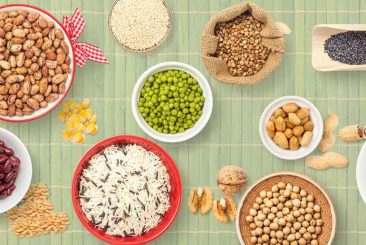
Nuts and seeds, such as almonds, walnuts, flaxseeds, and chia seeds, are nutrient-rich foods that offer numerous heart-healthy benefits. Packed with heart-healthy fats, fiber, and plant sterols, nuts and seeds can effectively lower cholesterol levels and reduce the risk of heart disease. To incorporate these nutritious foods into your diet, consider enjoying a handful of nuts or seeds as a snack or adding them to salads, yogurt, or oatmeal for added texture and flavor. By regularly including nuts and seeds in your meals, you can optimize your cholesterol levels and support overall cardiovascular health.
In addition to incorporating these foods into your diet, it’s also important to limit your intake of saturated and trans fats, refined carbohydrates, and added sugars, as these can raise cholesterol levels and increase the risk of heart disease. Regular physical activity, maintaining a healthy weight, managing stress, and avoiding smoking are also important factors in promoting heart health and managing cholesterol levels. Always consult with a healthcare professional or registered dietitian before making significant changes to your diet, especially if you have any underlying health conditions or are taking medications.
Disclaimer:
The information contained in this article is for educational and informational purposes only and is not intended as a health advice. We would ask you to consult a qualified professional or medical expert to gain additional knowledge before you choose to consume any product or perform any exercise.

